
Kód: 04679844
Masculinity, Anti-Semitism and Early Modern English Literature
Autor Matthew S. Biberman
Offering a profound re-assessment of the conceptual, rhetorical, and cultural intersections among sexuality, race and religion in English Renaissance texts, this study argues that anti-Semitism is a by-product of tensions between ... celý popis
- Jazyk:
 Angličtina
Angličtina - Vazba: Pevná
- Počet stran: 280
Nakladatelství: Taylor & Francis Ltd, 2004
- Více informací o knize

Mohlo by se vám také líbit
-
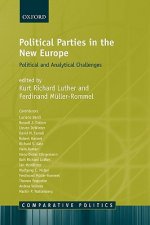
Political Parties in the New Europe
8435 Kč -

Americans View Crime and Justice
2675 Kč -

Material Mnemonics
1240 Kč -

Terrain Analysis - Principles & Applications
5292 Kč -
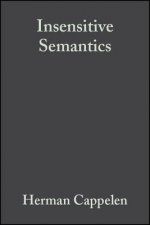
Insensitive Semantics: A Defense of Semantic Minimalism and Speech Act Pluralism
3953 Kč -
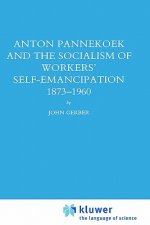
Anton Pannekoek and the Socialism of Workers' Self Emancipation, 1873-1960
5490 Kč -

National Economic Impact Analysis of Terrorist Attacks and Natural Disasters
3459 Kč
Dárkový poukaz: Radost zaručena
- Darujte poukaz v libovolné hodnotě a my se postaráme o zbytek.
- Poukaz se vztahuje na celou naši nabídku.
- Elektronický poukaz vytisknete z e-mailu a můžete ihned darovat.
- Platnost poukazu je 12 měsíců od data vystavení.
Více informací o knize Masculinity, Anti-Semitism and Early Modern English Literature
Nákupem získáte 476 bodů
 Anotace knihy
Anotace knihy
Offering a profound re-assessment of the conceptual, rhetorical, and cultural intersections among sexuality, race and religion in English Renaissance texts, this study argues that anti-Semitism is a by-product of tensions between received Classical conceptions of masculinity and Christianity's strident critique of that ideal. Utilizing works by Shakespeare, Milton, Marlowe and others, Biberman illustrates how modern anti-Semitism develops as a way to stigmatize hypermasculine behavior, thus facilitating the transformation of the culture's gender ideal from knight to businessman. Subsequently, the function of anti-Semitism changes, becoming instead the mark of effeminate behavior. Consequently, the central anti-Semitic image changes from Jew-Devil to Jew-Sissy. Biberman traces this shift's repercussions, both in renaissance culture and what followed it. e also contends that as a result of this linkage between Jewishness and the limits of masculine behavior, the image of the Jewish woman remains especially unstable. In concluding, Biberman argues that the Gothic resurrects the Jew-Devil (bequeathing it to the Nazis), and that the horror genre is often a rewriting of Renaissance discourse about Jews. In the course of making this larger argument, Biberman introduces a series of more limited claims that challenge the conventional wisdom within the field of literary studies. First, Biberman overturns the assumption that Jewishness and femininity are always associated in the cultural imagination of Western Europe. Second, Biberman provides the historical context needed to understand the emergence of the stereotype of the pathological Jewish woman. Third, Biberman revises the incorrect notion that divorce was not practiced in Renaissance England. Fourth, Biberman argues for the novel claim that serial monogamy in Western culture is a practice understood to possess a Jewish 'taint.' Fifth, Biberman contributes a major advance in scholarship devoted to T. S. Eliot, illustrating how Eliot's famous critical argument against Milton is an expression of his anti-Semitism, and a coherent compliment to the anti-Semitic touches in his poetry. Sixth, in his discussion of Gothic literature, Biberman introduces novel readings of Frankenstein and Dracula, persuasively arguing that Mary Shelley's monster bears the mark of the Jew according to modern anti-Semitic discourse; and that, in Stoker, both the vampire and the vampire-killer represent Jews executing a scenario of self-policing that was realized in the ghettos and the concentration camps. Biberman's final contribution in this study is to provide a definition for postmodern anti-Semitism and to apply it to various contemporary incidents, including September 11th and the Arab-Israeli conflict.
 Parametry knihy
Parametry knihy
Zařazení knihy Knihy v angličtině Literature & literary studies Literature: history & criticism Literary studies: general
4763 Kč
- Plný název: Masculinity, Anti-Semitism and Early Modern English Literature
- Autor: Matthew S. Biberman
- Jazyk:
 Angličtina
Angličtina - Vazba: Pevná
- Počet stran: 280
- EAN: 9780754650454
- ISBN: 0754650456
- ID: 04679844
- Nakladatelství: Taylor & Francis Ltd
- Hmotnost: 454 g
- Rozměry: 226 × 152 × 22 mm
- Datum vydání: 10. December 2004
Oblíbené z jiného soudku
-
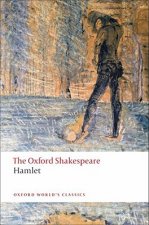
Hamlet: The Oxford Shakespeare
236 Kč -
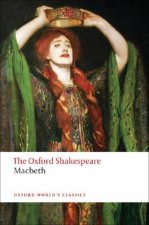
Tragedy of Macbeth: The Oxford Shakespeare
233 Kč -

Plato Opera Vol. II
913 Kč -

Sejong Korean 2 (Korean+English Version), m. 1 Audio
680 Kč -

Kafka
604 Kč -

Vagrant Mood
380 Kč -
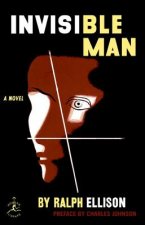
Invisible Man
492 Kč -
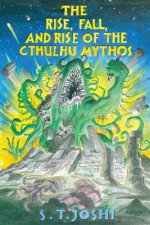
Rise, Fall, and Rise of the Cthulhu Mythos
670 Kč -
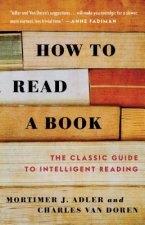
How to Read a Book
283 Kč -
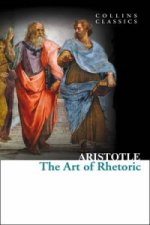
Art of Rhetoric
84 Kč -

Complete Poems of Hart Crane
416 Kč -
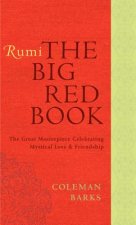
Rumi: The Big Red Book
333 Kč -

Mysteries of Udolpho
251 Kč -

Saga of Tanya the Evil, Vol. 3
253 Kč -

Weird and the Eerie
233 Kč -

On Writers and Writing
283 Kč -

The Picture of Dorian Gray
144 Kč -
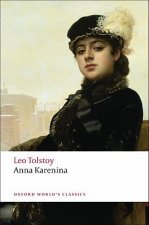
Anna Karenina
218 Kč -
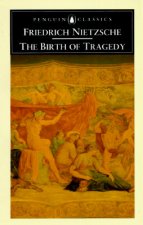
Birth of Tragedy
233 Kč -
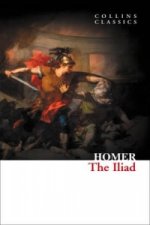
Iliad
97 Kč -

Collected Poems
483 Kč -

Moveable Feast
239 Kč -

Golden Bough
380 Kč -

Gulliver's Travels
144 Kč -

Selected Essays
258 Kč -

Outsider
258 Kč -

Analysis of Donna Haraway's A Cyborg Manifesto
221 Kč -

Devils
268 Kč -

J. R. R. Tolkien
258 Kč -

Leaves of Grass
433 Kč -

Tragedy of King Richard III: The Oxford Shakespeare
220 Kč -

The Tempest: The Oxford Shakespeare
209 Kč -

Dream Story
258 Kč -

Finn and Hengest
258 Kč -
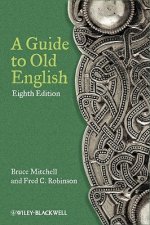
Guide to Old English 8e
1066 Kč -

Complete English Poems
383 Kč -
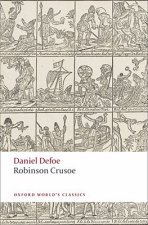
Robinson Crusoe
178 Kč -

Speak, Memory
465 Kč -
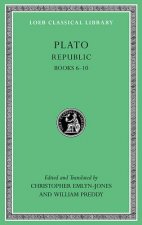
Republic
912 Kč -

Tom Jones
236 Kč -
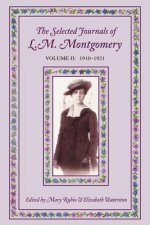
Selected Journals of L.M. Montgomery
518 Kč -
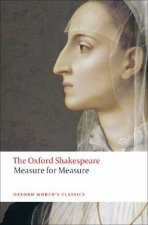
Measure for Measure: The Oxford Shakespeare
217 Kč -

Short Oxford History of English Literature
1249 Kč -
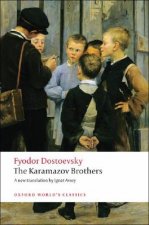
Karamazov Brothers
267 Kč -

Collected Poems: Dylan Thomas
258 Kč -
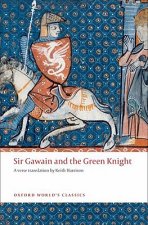
Sir Gawain and The Green Knight
209 Kč -

Paradise Lost
402 Kč -

Sir Gawain and the Green Knight
483 Kč -

Cambridge Old English Reader
1036 Kč
Osobní odběr Praha, Brno a 12903 dalších
Copyright ©2008-24 nejlevnejsi-knihy.cz Všechna práva vyhrazenaSoukromíCookies



 Vrácení do měsíce
Vrácení do měsíce 571 999 099 (8-15.30h)
571 999 099 (8-15.30h)